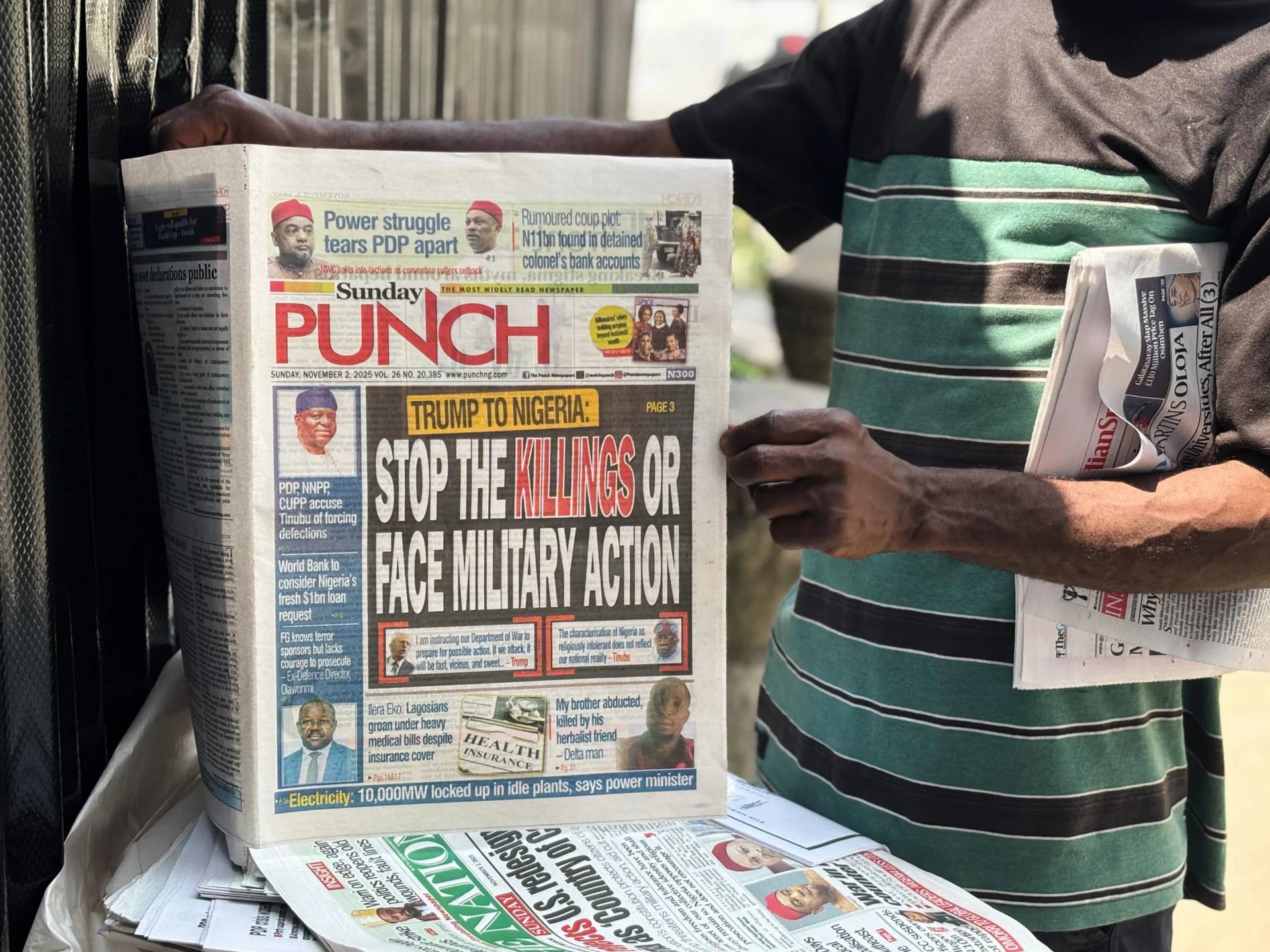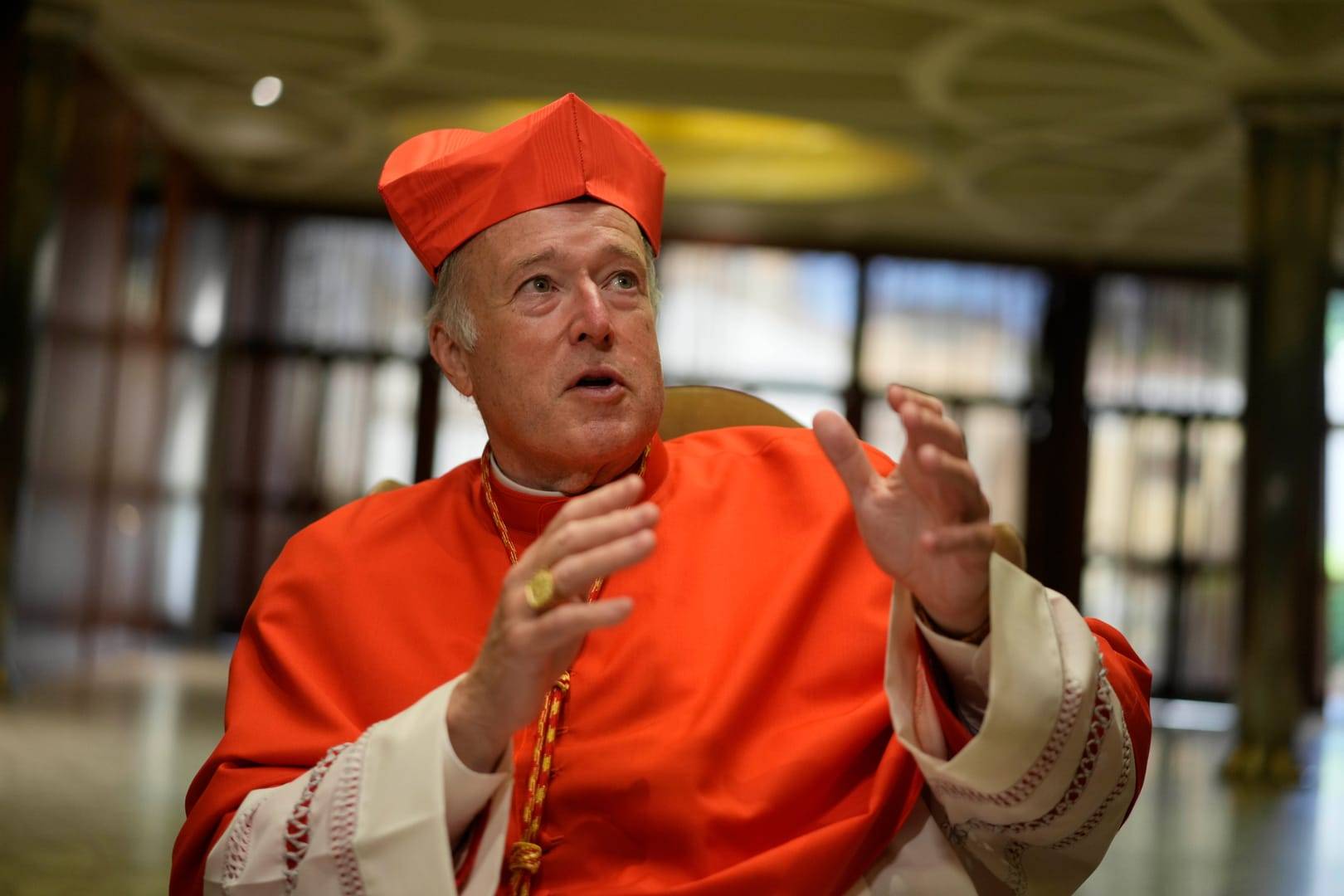ROME – It has been an uphill battle, but the role of women in leadership in the Church has been growing since the Second Vatican Council. The hopes of some of the Catholic Church’s most influential women is that the synodal process launched in October will continue to cement this trend.
“I’ve seen the leadership of women flourishing,” said Sister Patricia Murray, member of the Spirituality Commission of the Synod on Synodality. “I look at the roles of superior religious generals and their collaborators, lay and religious women, from grassroots levels to all levels within the Church, and we’ve seen some pretty significant appointments.”
Women, she said, “bring our perspective, our experience, our reflection.”
Women religious in particular, said Murray, who is the Executive Secretary of the International Union of Superior Generals, have always been involved “at the margins, at the grassroots,” working with migrants, the poor, and those who are victims of human trafficking. What they are now getting better at, she acknowledged, is being present in the forums where they can advocate on the behalf of these people.
Murray’s words came on Thursday, during an all-women panel discussion organized by the Australian Embassy to the Holy See, Georgetown University and the Jesuit magazine La Civilta Cattolica. Australian ambassador Chiara Porro moderated the panel, which also included Sister Nathalie Becquart, the Undersecretary of the Synod of Bishops; Dr Myriam Wijlens; Sister Beatrice Faye; and Susan Pascoe. All of them are helping in the Vatican’s office for the Synod of Bishops, either in the different commissions – methodological, theological and spiritual – or as consultants.
The theme of the panel was Women in Synodality, and it was held at the Roman headquarters of La Civilta Cattolica. The director of the magazine, Jesuit Father Antonio Spadaro, was the only male speaking. In fact, he was one of only a handful of men in attendance, all of whom were either journalists or diplomats.
Murray argued that there is a growing awareness in the Church of those who are at the margins and suffering, with their needs being better articulated. The institution as a whole, she said, “needs to be the voice of what is happening in the world today, wherever there is need and suffering, as a Christian community, we need to respond.”
“The tendency today is to become more isolated,” she said. “But we are called to be global in our concern, in our compassion.”
Underlining Pope Francis’s constant call for the Church to be close to those who suffer, Murray argued that women are particularly ready to encounter the other, show compassion and tenderness towards those in need, because “it is part of our DNA,” and this is part of the reflection women can bring to the synodal process.
“Those who feel very much neglected or estranged from the Church,” she said, are the ones women in particular can reach out to, taking practical steps and creating spaces where people feel at home.
Wijlens, the first female canon lawyer of the Netherlands, was able to afford her education in Canada in the 1980s thanks to the help of religious sisters who saw value in women learning the Church’s unique legal system. She said that even though there is a “tremendous” interest of women in the synod, “it’s not a meeting of women on women. We are all pilgriming together, as members of the people of God, as a pilgrim Church.”
Pascoe, who joined by video link from Australia, reflected on the importance of everyone having a voice at the Synod, including those who live in the margins of society, but also those who are often in the margins of the Church, such as the members of the LGBTQI community.
RELATED: Vatican official apologizes for taking down LGBTQ resource
“All the members of the Church must be involved in discerning the will of God,” she said. “The bishop remains the main teacher in his diocese, but there is a co-responsibility.”
Video-linked from Burkina Faso, Faye argued that women are the “driving force behind synodality,” and that a Church that seeks to live a synodal style “cannot fail to reflect on the condition and role of women.”
Speaking from her experience as a religious sister who has lived and served in several African countries, she said that the synodal process would only be “authentically realized” if the particular churches are involved. Though the intention of the Synod’s office is that this be the case, the reality on the ground is that not all dioceses will be equal when it comes to the consultation process that was launched in October, a week after Pope Francis opened the two-year synodal process in Rome.
RELATED: South Sudan is replacing optimism with ‘realism,’ charity head says
During a Q&A section some of the hot-button issues surrounding the role of women in the Church came up, including the ordination of women to the priesthood.
Becquart argued that synodality requires a “deep listening”, and cannot be a process where people are already convinced how each contested topic should be addressed. “It wouldn’t be very synodal if we said ‘this topic should be addressed this way or that way’.”
During her opening remarks, she had spoken about the fears that both the laity and the bishops have when it comes to the synodal process. Asked to dive deeper into this, Becquart said that the synod is, in many ways, a call to change, and this is, on its own, a reason for fear in most organizations.
“We have to discern together,” she said. “Maybe the first fear is that the synod process has to be a truly spiritual one. As Pope Francis has said many times, it’s not a parliament, it’s not about a majority or a minority, or some lobby.”
The Synod, she said, is not a revolution carried out in one day, but a “long process that needs discernment,” and not everybody understands what the true nature of a Church that is synodal actually means. If the Holy Spirit is not at the center, she insisted, it’s not synodal at all.
“Synodality also means to go from the ‘I’ to the ‘We,’ and the fact that we think in terms of ‘us’ against ‘them’ is a reason for fear,” she said, pointing out that this is not the correct framework. It’s also important to be realistic regarding the nature of the synod, and what it can actually accomplish.
“A synodal Church is an enculturated Church that can face reality, difficulties, and at the same time, know that the Holy Spirit is guiding us,” Becquart said.
Follow Inés San Martín on Twitter: @inesanma













